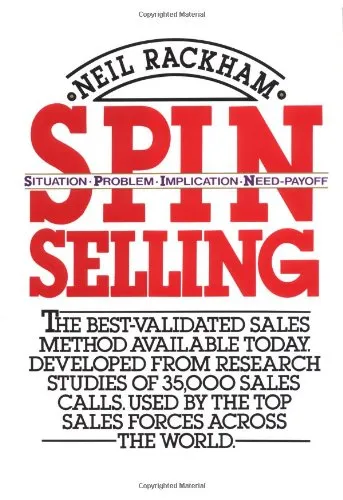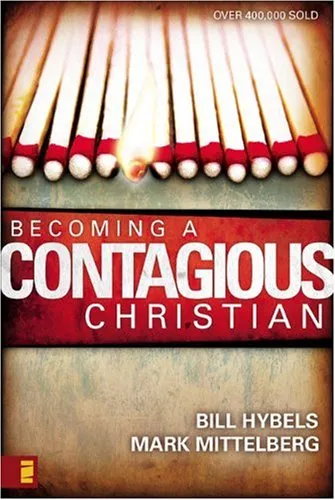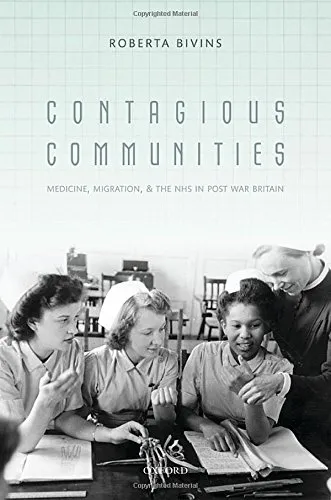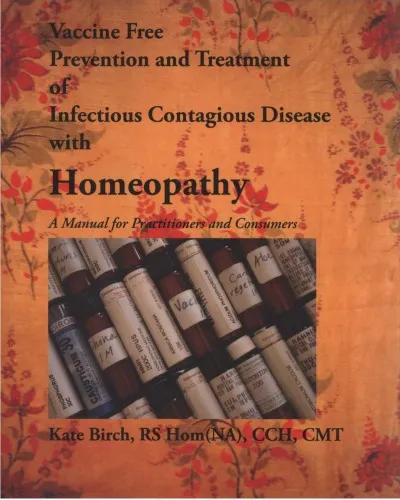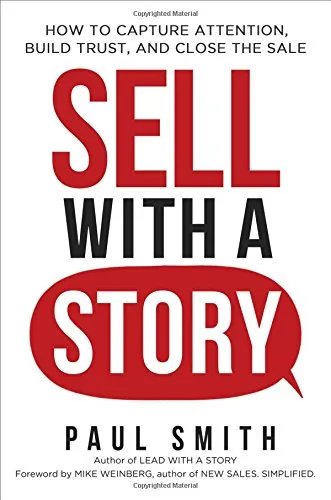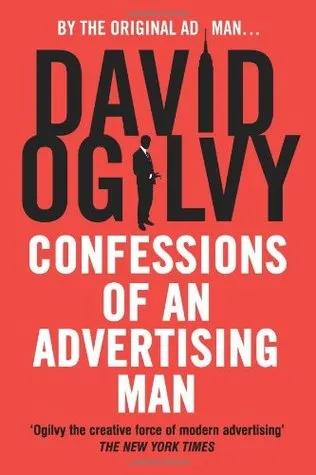Contagious: Cultures, Carriers, and the Outbreak Narrative
4.0
بر اساس نظر کاربران

شما میتونید سوالاتتون در باره کتاب رو از هوش مصنوعیش بعد از ورود بپرسید
هر دانلود یا پرسش از هوش مصنوعی 2 امتیاز لازم دارد، برای بدست آوردن امتیاز رایگان، به صفحه ی راهنمای امتیازات سر بزنید و یک سری کار ارزشمند انجام بدینکتاب های مرتبط:
مقدمهای بر کتاب "Contagious: Cultures, Carriers, and the Outbreak Narrative"
در کتاب "Contagious: Cultures, Carriers, and the Outbreak Narrative"، پریسیلا والد به بررسی ساختارهای اجتماعی و فرهنگی مربوط به شیوع بیماریهای عفونی میپردازد. او به طور دقیق تحلیل میکند که چگونه روایتهای بیماریها در فرهنگ عامه تأثیر میگذارند و چگونه این روایتها سیاست و علوم بهداشت عمومی را شکل میدهند.
خلاصهای از کتاب
در این کتاب، والتر به بررسی مفاهیم گستردهتری از روایتهای شیوع بیماری میپردازد و تحلیل میکند که چگونه این روایتها در طول تاریخ تغییر کردهاند. او موضوعاتی مانند اجتماعیسازی بیماریها، نقش رسانهها در شکلگیری افکار عمومی و اثرات آن بر سیاستگذاریها را مورد بررسی قرار میدهد. والتر بر این باور است که شیوع بیماریها فقط یک مسئله پزشکی نیست، بلکه یک پدیده اجتماعی و فرهنگی است که باید با درک کاملی از تاریخ و جامعه شناسی آن بررسی شود.
نکات کلیدی
- روایتهای شیوع بیماری تنها به واقعیتهای پزشکی پرداخته نمیشوند بلکه با فرهنگ و جامعه نیز ارتباط دارند.
- بیماریها نقش مهمی در شکلگیری هویتهای ملی و جهانی دارند.
- فرهنگ عامه و رسانهها تأثیر قابل توجهی بر تصورات عمومی از بیماریها دارند.
نقلقولهای معروف از کتاب
"Narratives of outbreak do not just tell the story of an epidemic; they propagate it."
"The outbreak narrative begins with the identification of an emerging infection, but it is as much about cultural attitudes as it is about the activities of microbes."
چرا این کتاب مهم است؟
کتاب "Contagious" تحلیل عمیقی از نقش روایتها در درک و مدیریت شیوع بیماریهای عفونی ارائه میدهد. با بحرانهای بهداشتی رو به رشد در جهان، درک عمیقتر از چگونگی شکلگیری نگرشها و سیاستهای بهداشتی ضروری است. این کتاب به ما کمک میکند تا بهتر بفهمیم چگونه تاریخی از ترس و سوءتفاهم میتواند بر تصمیمات کلیدی در زمان بحرانهای بهداشتی جهانی تأثیر بگذارد.
Introduction to 'Contagious: Cultures, Carriers, and the Outbreak Narrative'
In 'Contagious: Cultures, Carriers, and the Outbreak Narrative', Priscilla Wald delves into the intricate interplay between society and infectious diseases, unraveling how stories of contagion shape both public perception and policy. This profound exploration traces the historical and cultural narratives that have emerged around outbreaks, reflecting society’s fears, biases, and scientific understandings.
Detailed Summary of the Book
In this book, Wald articulates the "outbreak narrative," a conceptual framework that encapsulates the way contagious diseases are perceived and reported in the public sphere. Through rich historical context and contemporary analysis, Wald examines case studies, from early 20th-century cholera and typhoid outbreaks to modern concerns about AIDS and Ebola. She illustrates how these narratives influence public health responses, stigmatize certain communities, and highlight the tension between individual privacy and public safety. By dissecting novels, films, and news reports, the book identifies a common structure: a path beginning with identification of patient zero, sweeping through crisis, and culminating in the resolution or control of the outbreak. Wald argues that these narratives not only reflect but also shape both scientific understandings and societal actions concerning public health.
Key Takeaways
- The "outbreak narrative" significantly shapes global public health responses and societal behaviors toward disease.
- Contagion stories often reflect societal biases, impacting marginalized communities more intensely.
- The interplay between media, culture, and science is pivotal in shaping attitudes towards infectious diseases.
- Understanding the outbreak narrative is crucial for developing more effective and equitable public health strategies.
Famous Quotes from the Book
"Stories of contagion constitute a significant form of the literature of social relations."
"The depiction of a virus tells us as much about human behavior—and our perception of our place in the world—as it does about the microorganisms themselves."
Why This Book Matters
The importance of 'Contagious' lies in its interdisciplinary approach, merging historical analysis, cultural studies, and public health. In an era where misinformation and fear can spread as rapidly as the pathogens themselves, Wald's work illuminates the critical need for understanding the narratives that influence our perceptions and behaviors. The book encourages readers to question the socio-political dimensions that underpin public health policies, urging more inclusive and scientifically informed approaches. Its relevance is ever more pronounced in the wake of pandemics like COVID-19, where understanding these narratives could mean the difference between public panic and informed caution.
دانلود رایگان مستقیم
شما میتونید سوالاتتون در باره کتاب رو از هوش مصنوعیش بعد از ورود بپرسید
دسترسی به کتابها از طریق پلتفرمهای قانونی و کتابخانههای عمومی نه تنها از حقوق نویسندگان و ناشران حمایت میکند، بلکه به پایداری فرهنگ کتابخوانی نیز کمک میرساند. پیش از دانلود، لحظهای به بررسی این گزینهها فکر کنید.
این کتاب رو در پلتفرم های دیگه ببینید
WorldCat به شما کمک میکنه تا کتاب ها رو در کتابخانه های سراسر دنیا پیدا کنید
امتیازها، نظرات تخصصی و صحبت ها درباره کتاب را در Goodreads ببینید
کتابهای کمیاب یا دست دوم را در AbeBooks پیدا کنید و بخرید
1519
بازدید4.0
امتیاز0
نظر98%
رضایتنظرات:
4.0
بر اساس 0 نظر کاربران
Questions & Answers
Ask questions about this book or help others by answering
No questions yet. Be the first to ask!

